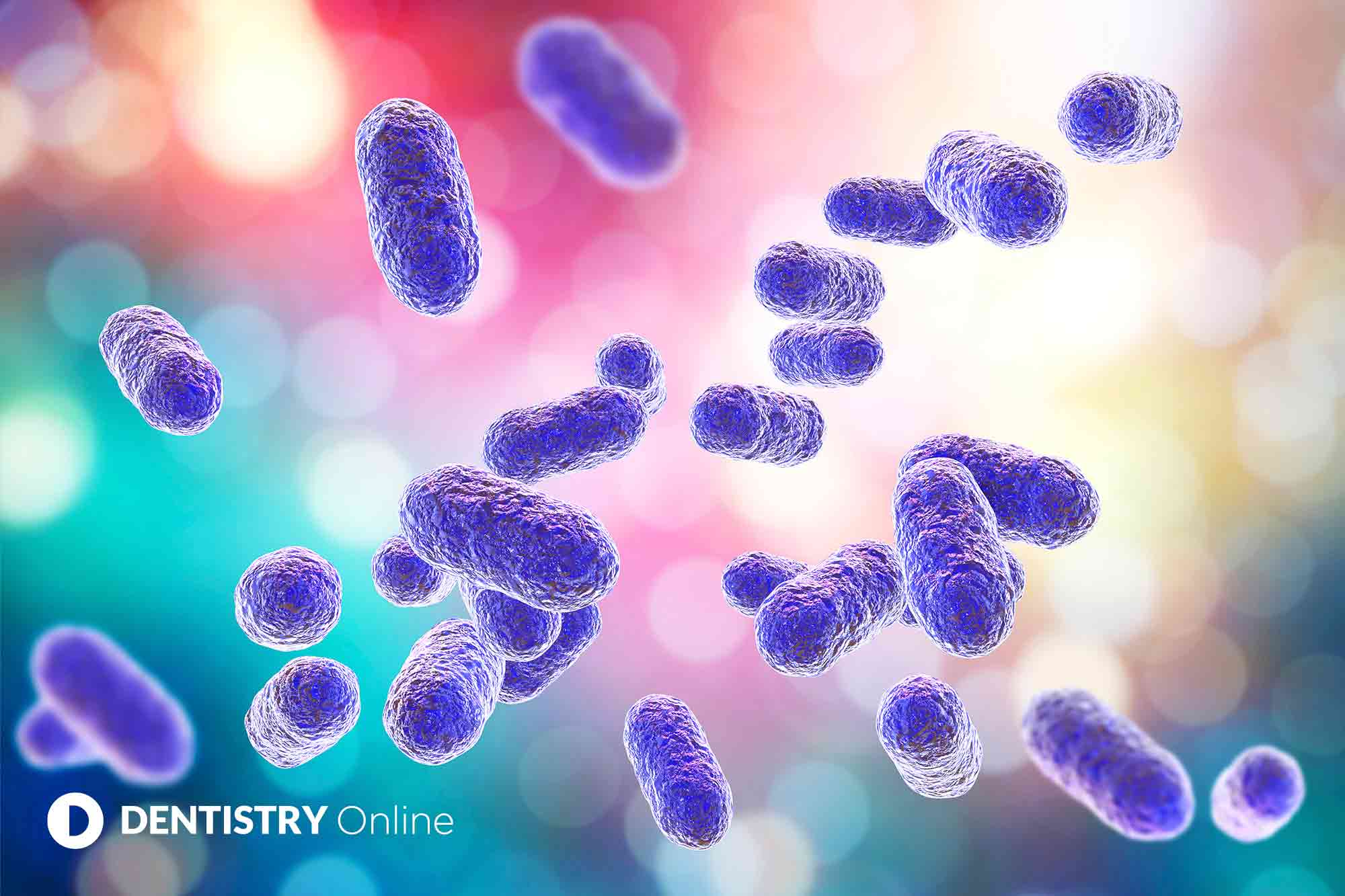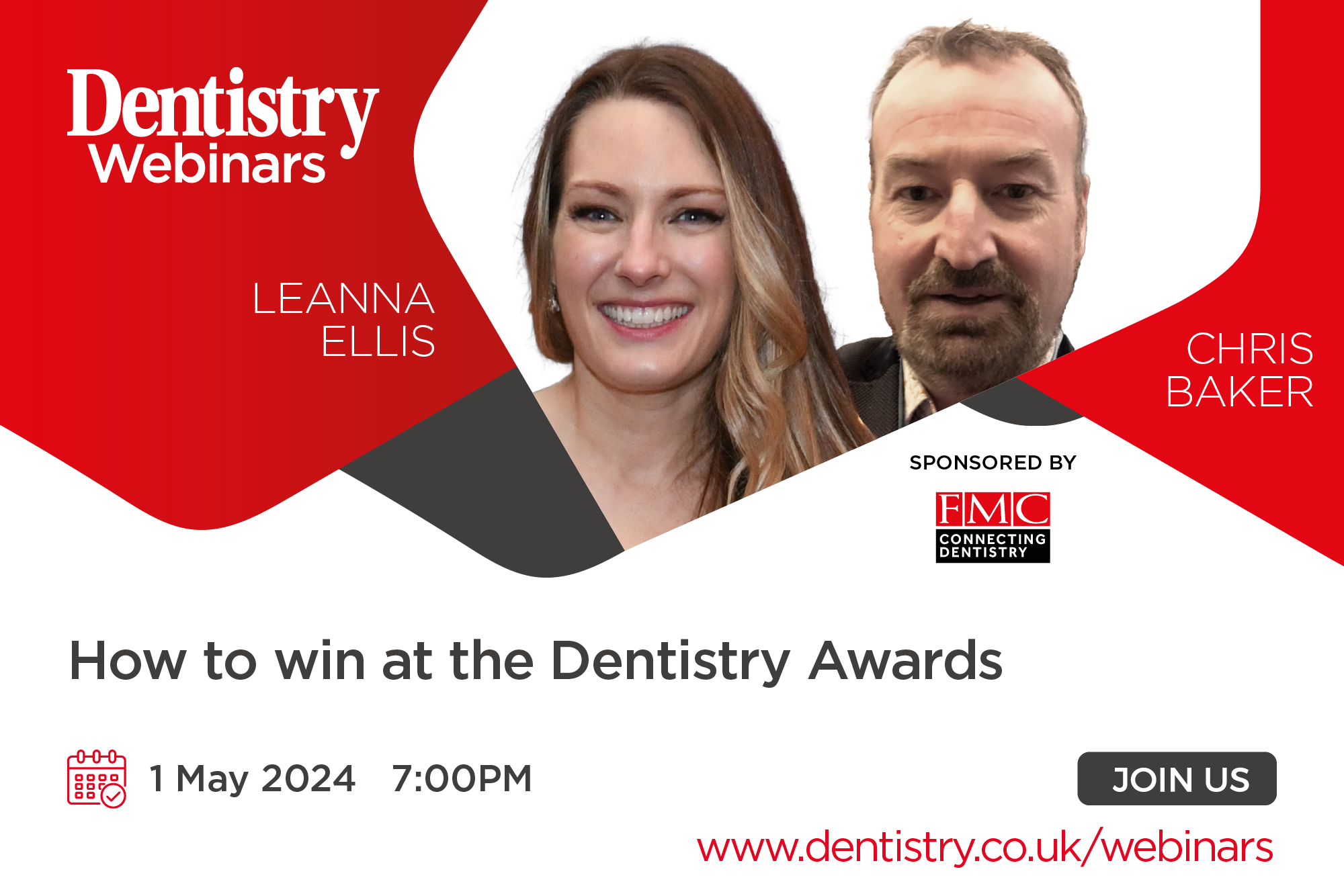 Just 24 to 72 hours of interrupted oral health can lead to a drop in ‘good oral bacteria’, a study has revealed.
Just 24 to 72 hours of interrupted oral health can lead to a drop in ‘good oral bacteria’, a study has revealed.
The research found that poor oral hygiene produces bacteria that causes gum disease and accelerates the ageing of the oral microbiome.
Participants were told to carry out optimal oral health regimes for three weeks. This was to reduce gingivitis and create a healthy baseline for the study.
Researchers performed genetic analyses on the population of bacteria in the participants’ gums as it changed.
Additionally, chemical analyses of the molecules produced by the bacteria were performed. Immune responses of the study participants were also recorded.
The team found there was a steep drop in the presence of betaine. This was reported to play an anti-inflammatory role in inflammatory diseases.
Decline in ‘good bacteria’
Similarly, while the presence of ‘good bacteria’ declined, there was a significant rise in ‘bad bacteria’.
This included the presence of types of bacteria associated with patients suffering from periodontitis. However, there were no signs or symptoms of the illness at that point.
Additionally, the team concluded that the oral microbiome aged the equivalent of around one whole year in less than a month.
The research was carried out at the Qingdao Institute of Bioenergy and Bioprocess Technology (QIBEBT).
‘After only 28 days of gingivitis, we found the study participants had the “oral microbial age” of those a year older,’ said Huang Shi, one investigator leading this study.
Xu Jian is director of Single-Cell Center at QIBEBT and senior author of the study. ‘We also found a sudden “ageing” of the bacteria in the mouth,’ he said.
‘Their oral microbiome had aged the equivalent of about a year in less than a month.’
Follow Dentistry.co.uk on Instagram to keep up with all the latest dental news and trends.



